By Cristina García-Alfonso
The fear that slowly started to build in me took me by surprise as we immersed ourselves in preparedness for something none of us was really prepared for. Being a chaplain at a trauma center, training students in the art of CPE, of “showing up” as the “non-anxious presence” that is so essential, became a challenge.
Along with my colleagues, we were faced with making decisions to ensure the health of our chaplains, residents, and interns, to protect them and their families from potential virus exposure. This was uncharted territory for all of us, adjusting to a new way of offering spiritual care in the unknown. This crisis affected everyone, especially the staff who bravely showed up every day holding their fear, yet caring for patients and families who were not allowed to accompany their loved ones.
Somehow in this war zone, I continued to work and adjust to the ways in which I educated my CPE residents and adjusted the CPE intern group program. Along with my colleagues, we made changes to our on-call calendar, implemented new guidelines for on-call chaplaincy response in accordance to the hospital changes, supported patients and families over the phone when unable to do so in person, found ways to support the staff, and cared for the living and the dead.
I did all this with an increasing fear that was getting into my bones and the imminent realization of not if, but when, I could get sick. Then Sunday arrived and it was my turn to be on call for a 16-hour shift responding to traumas, deaths and other pastoral care needs. As much as I prepared myself for the shift, I didn’t know how the night was going to unfold. In truth, I wasn’t so much prepared as merely willing to show up, or whole enough emotionally as simply trusting that God would be present at a time that asked so much of us all.
After responding to a couple of cases it dawned on me that when it comes to the business of saving lives, there is no such thing as social distancing. We are all in with one goal in mind — to save a life and provide the care needed. We can be well protected with masks, gowns, and gloves, but the work of restoring a person’s health, I discovered, implies that all of us get in the mud with the ones we are caring for. That includes the families as well.
I responded to my last case in the middle of the night accompanying a patient’s distraught daughter and wife. After learning the patient’s diagnosis and subsequent treatment — and once assuring myself the family was OK — it was time for me to leave. As I said good-bye, the daughter hugged me and the wife blessed me and thanked me for all I had done, for being with them. It felt weird to be hugged in a time when hugs are a hazard, but that hug saved me. It saved me from the powerless fears I was holding onto up to that point. It reminded me of the sacredness of connections and what makes us human. While still fearing I could get sick, I am no longer captive to fear.
This daughter offered me a great gift, as her hug reminded me of a deeper connection with God. I learned that if I stay centered I can manage the fear and return to what I am called to do and be while remaining aware of the challenges. This daughter’s hug freed me as I moved from feeling paralyzed by the very real fear being felt all around the globe to feeling empowered by choosing to stay connected to my calling and vocation. For me, it came down to a choice that also leaves room for a normal fear. How messy life can be!
Cristina García-Alfonso serves as Supervisor of Clinical Pastoral Education at Gwinnett Medical Center in Lawrenceville, Georgia.
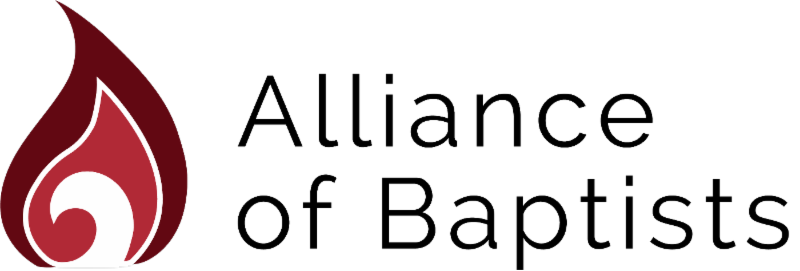
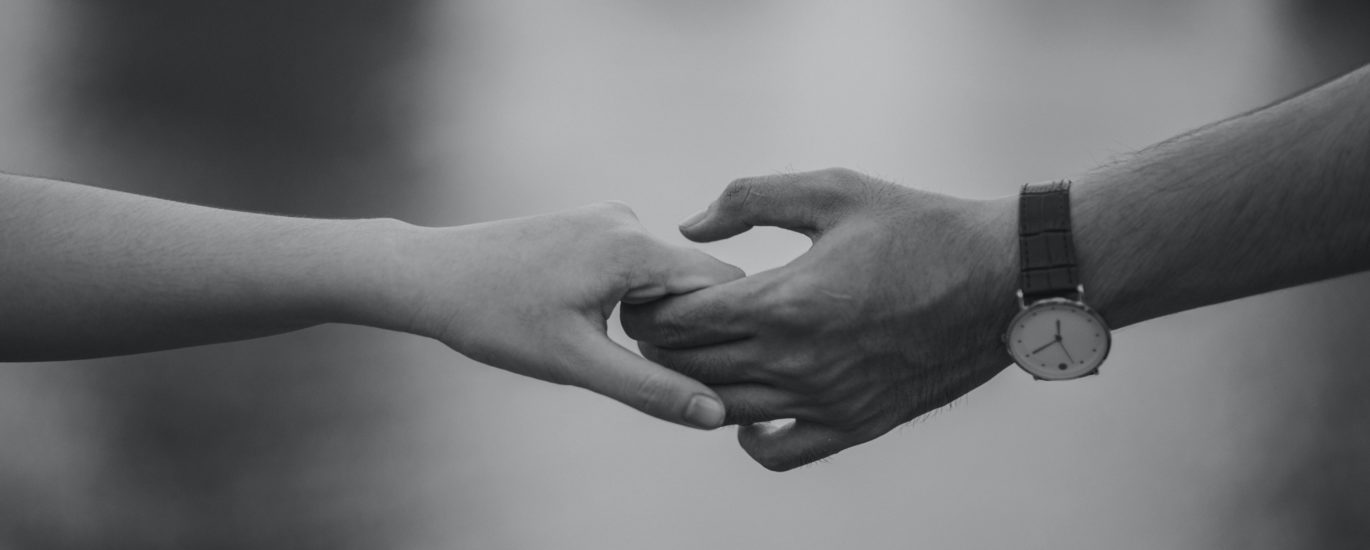
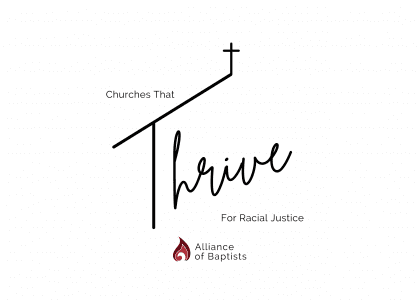
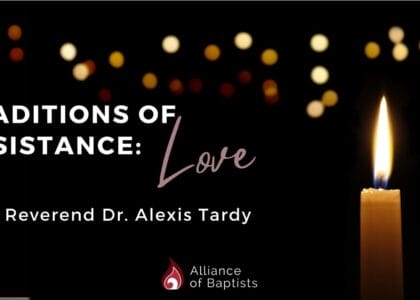
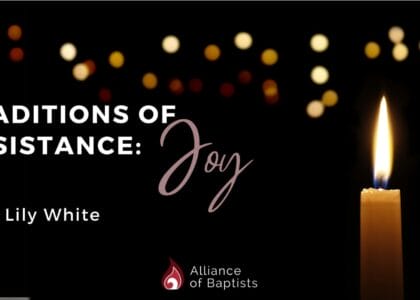
Recent Comments